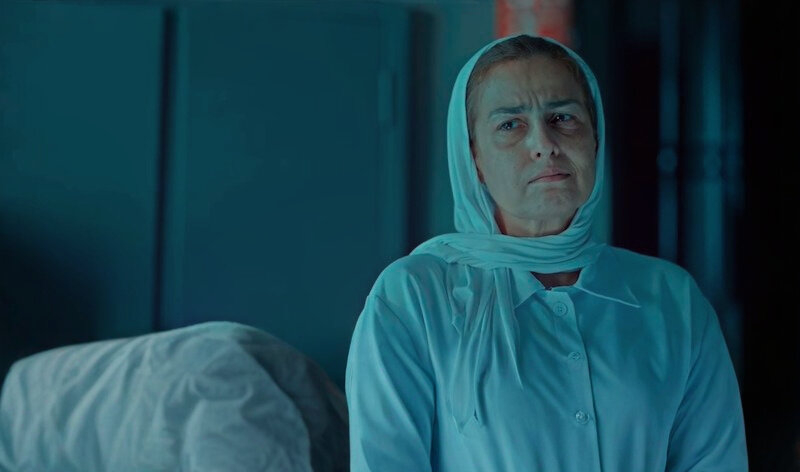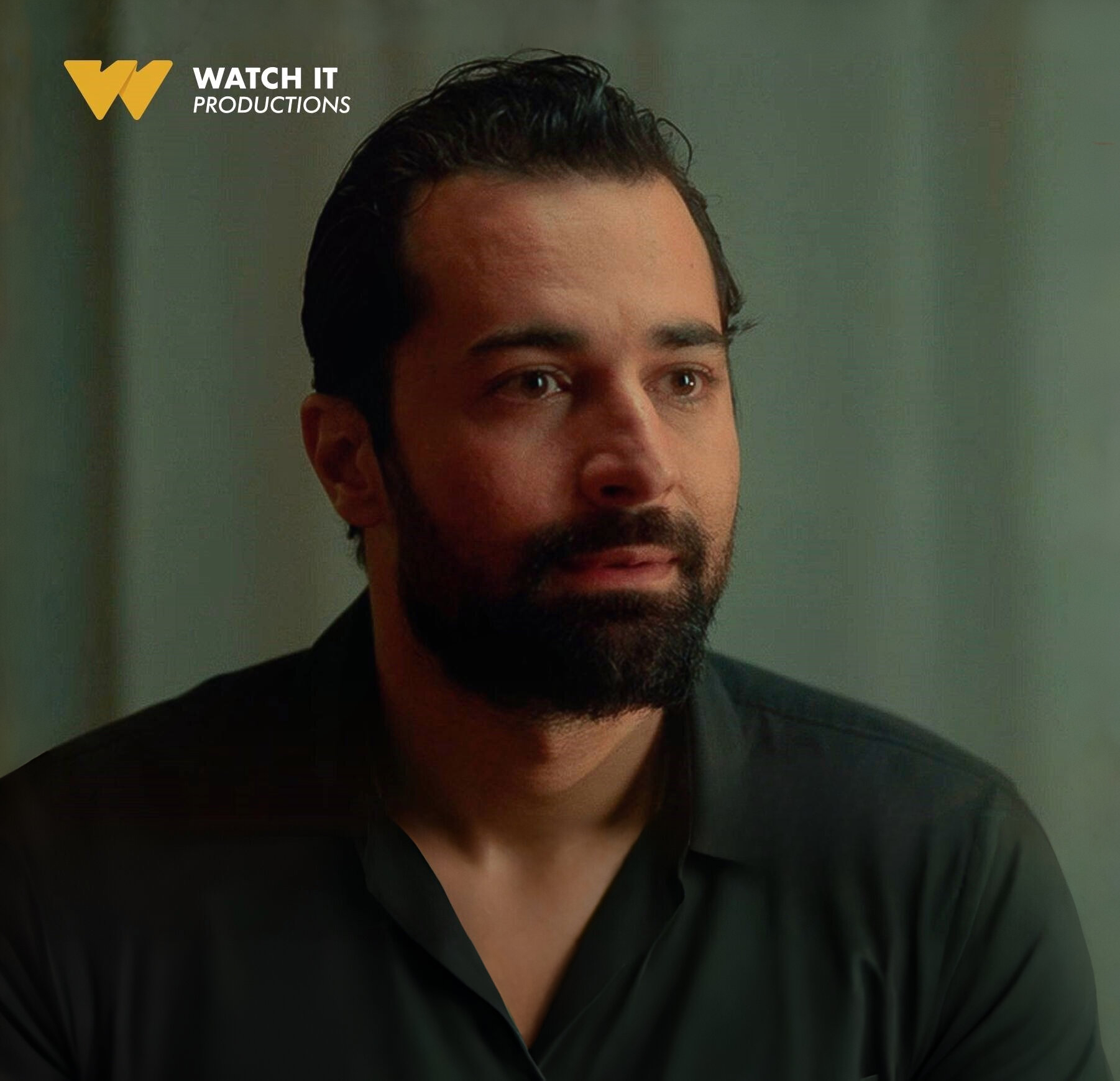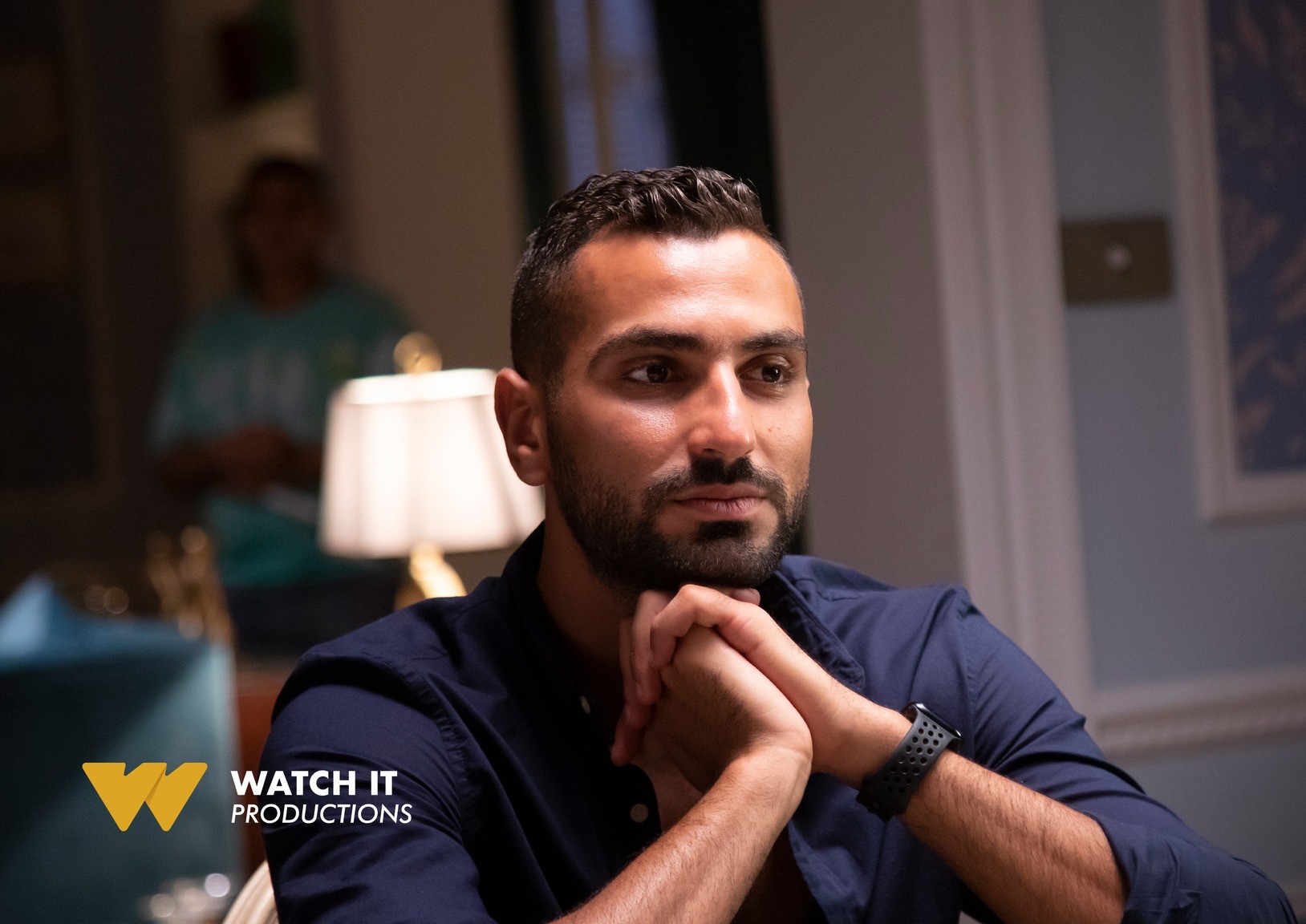Psychological thrillers in Egyptian television have rarely been this dark. Eqama Gabreya takes viewers into the mind of a deeply disturbed Salma, shattering expectations with a gripping narrative that blends trauma, obsession, and crime. Starring Hana El Zahed in a career-defining role alongside Sabrine, the series explores the devastating effects of childhood trauma and psychological instability.
With a storyline that keeps audiences on edge, Eqama Gabreya is far from your typical drama. It’s a bold, chilling exploration of what happens when a fractured psyche spirals into violence.
Below, we break down the series, analysing its plot, performances, and ultimate impact on television.
Dark & Twisted Narrative

At the centre of Eqama Gabreya is Salma, a young woman whose seemingly sweet and innocent exterior masks a dark, violent reality. Beneath her delicate features and soft-spoken demeanour lies a tormented mind, one shaped by a deeply troubled past. From the very first episode, we see Salma commit a cold-blooded murder, poisoning her husband’s drink after an argument over divorce before pushing him off a balcony.
The scene is executed with unsettling calmness, immediately signalling that this is not a conventional crime story but rather an intense character study of a woman whose emotional instability manifests in brutal ways.

As the series progresses, Salma seeks the help of a psychologist, played by Sabrine, in a desperate moment of vulnerability, admitting to the murder. But when she realises she has revealed too much, she shifts gears, befriending the doctor’s son and using him as leverage, ensuring her secret remains safe.
The show doesn’t just give us a villain; it presents a complex psychological case study of a woman whose trauma has warped her understanding of love, attachment, and power.
Career-Defining Performance

Hana El Zahed has long been associated with lighthearted, comedic, or romantic roles. Her charming screen presence and Barbie-like beauty have often made her the ideal girl-next-door in dramas. However, Eqama Gabreya marks a complete departure from her previous work, showcasing a radical transformation into a chilling, emotionless killer.

Salma is a woman devoid of traditional emotions; she kills, manipulates, and blackmails without hesitation, her icy blue eyes reflecting nothing but cold calculation. This role allows Hana El Zahed to display a depth of range previously unseen in her career. The way she transitions from soft-spoken vulnerability to unapologetic brutality is unsettling yet mesmerising.
Her performance in Eqama Gabreya proves that she is far more than just a pretty face. She has successfully reinvented herself as an actress capable of tackling dark, layered characters, something that will undoubtedly shape the future trajectory of her career.
Veteran Actress in Familiar Territory

Sabrine plays the role of psychologist, a role that carries significant emotional weight while being limited in screen time. Throughout her career, Sabrine has excelled in portraying emotionally complex maternal figures, and her performance here is no exception.
One of the most haunting moments in the series is when she visits the mother of Salma’s murdered husband. Overwhelmed by guilt and fear, she breaks down, realising that this grieving woman’s pain mirrors what she may one day experience herself. It’s a powerful moment of foreshadowing and one of the standout emotional beats of the show.
Though Sabrine has played similar roles in the past, her presence in Eqama Gabreya is crucial, acting as the moral compass of the story while providing a stark contrast to Salma’s sociopathic nature.
Impactful Cameos

Despite Eqama Gabreya being primarily a two-woman show, the supporting cast plays a crucial role in enriching the story. Several actors deliver memorable performances, even with minimal screen time.
Simone portrays Salma’s mother, a woman whose past decisions unknowingly set the stage for her daughter’s downfall. Her short but powerful scenes anchor the emotional core of the series, making her performance one of the most heartbreaking elements of the show.

Ahmed Hatem significantly influences the plot despite his brief presence. His performance is a testament to his ability to leave an impact, even with limited screen time.
Cinematic Experience

What sets Eqama Gabreya apart from typical dramas is its cinematic quality. The direction and cinematography elevate the show beyond standard TV storytelling, creating a visually gripping experience that mirrors Salma’s psychological deterioration.
This is accomplished through muted colour palettes and claustrophobic framing, amplifying the tension and making viewers feel as trapped as the characters. Sharp contrasts between serene, calm moments and bursts of shocking violence keep the audience constantly on edge. And, of course, the score is eerie and minimalistic, ensuring that silence becomes just as terrifying as any dramatic crescendo.
Haunting Ending

Eqama Gabreya doesn’t offer a neatly wrapped conclusion. Instead, it ends on a devastating note, reinforcing the show’s central theme: the inescapable consequences of childhood trauma. Salma’s story, while tragic, doesn’t excuse her actions. She is a product of a broken home, but her choices ultimately seal her fate.
The show raises important questions about mental health, trauma, and the thin line between love and obsession. It reminds audiences that while people may be victims of their past, they are not absolved of responsibility for their actions.





